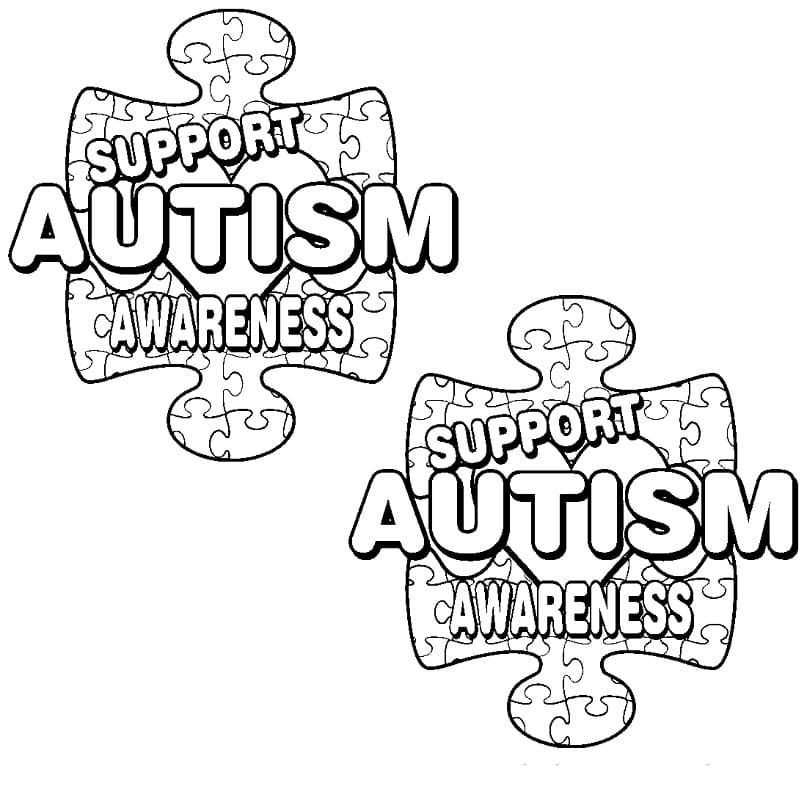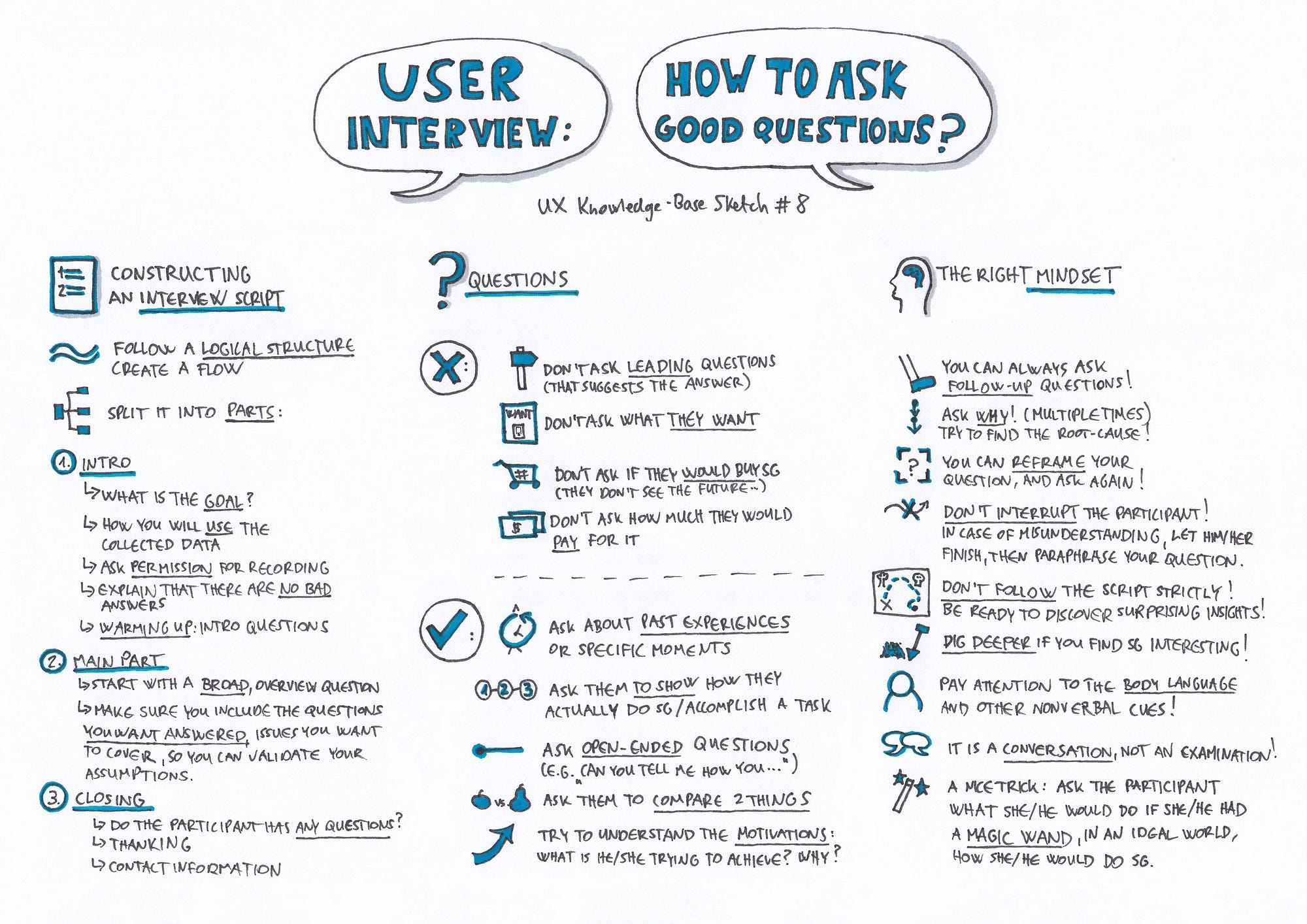How To Ask Good Questions
Print Summary While listening is an important skill the art of asking questions is equally if not more important when it comes to learning more about your work tasks unlocking hidden Take quiz What’s a good question? You might think that a good question returns the correct answer the first time You might think that a good question returns the correct answer the first time you ask. That's true if you're asking for directions to the highway or how to take your new prescription.

Open questions are good for Developing an open conversation What did you get up to on vacation Finding out more detail What else do we need to do to make this a success Finding out the other person s opinion or issues What do you think about those changes Closed questions are good for Here are three core elements to keep in mind as you seek to ask better questions: 1. Clarity: While there might be no such thing as a “wrong question,” there certainly are unclear ones. To refine your personal question-asking, do your best to ask for whatever you need with as much clarity as possible.

How To Ask Good Questions
1 Be willing to ask 1 Many people are hesitant to ask questions because they re afraid it will make them look uninformed When you request an explanation or clarification however it only furthers your understanding Think of good questions as tools for making sense of the world around you 2 20 questions parents should ask teachers. 15 simple questions to ask your homepage and all of your top pages 30 questions to ask in a job interview with video examples tendig.

User Interview How To Ask Good Questions UX Knowledge Base Sketch

More Effective Questioning Breaking Through Growth Traps
1 Identify your purpose Before asking a question consider your ultimate goal Are you looking for a solution to a specific problem gathering opinions or simply seeking clarification Understanding your purpose will guide you in formulating questions that will lead to the most helpful responses 2 Recognize knowledge gaps These questions often start with “what,” “how,” or “why.”. #2. Avoid leading questions: Leading questions can bias the response and limit the person’s ability to share their true thoughts and feelings. Avoid questions that suggest a particular answer or assume a certain perspective. #3.
Developing the ability to ask pointed powerful questions is indeed a learned skill but with these 7 tricks you can stew the secret sauce to finding the answers that you seek 1 Start with the positives How can humanity increase its capacity to make decisions in an increasingly complex world? In this informative talk, thinking rethinker Mike Vaughan shares i.